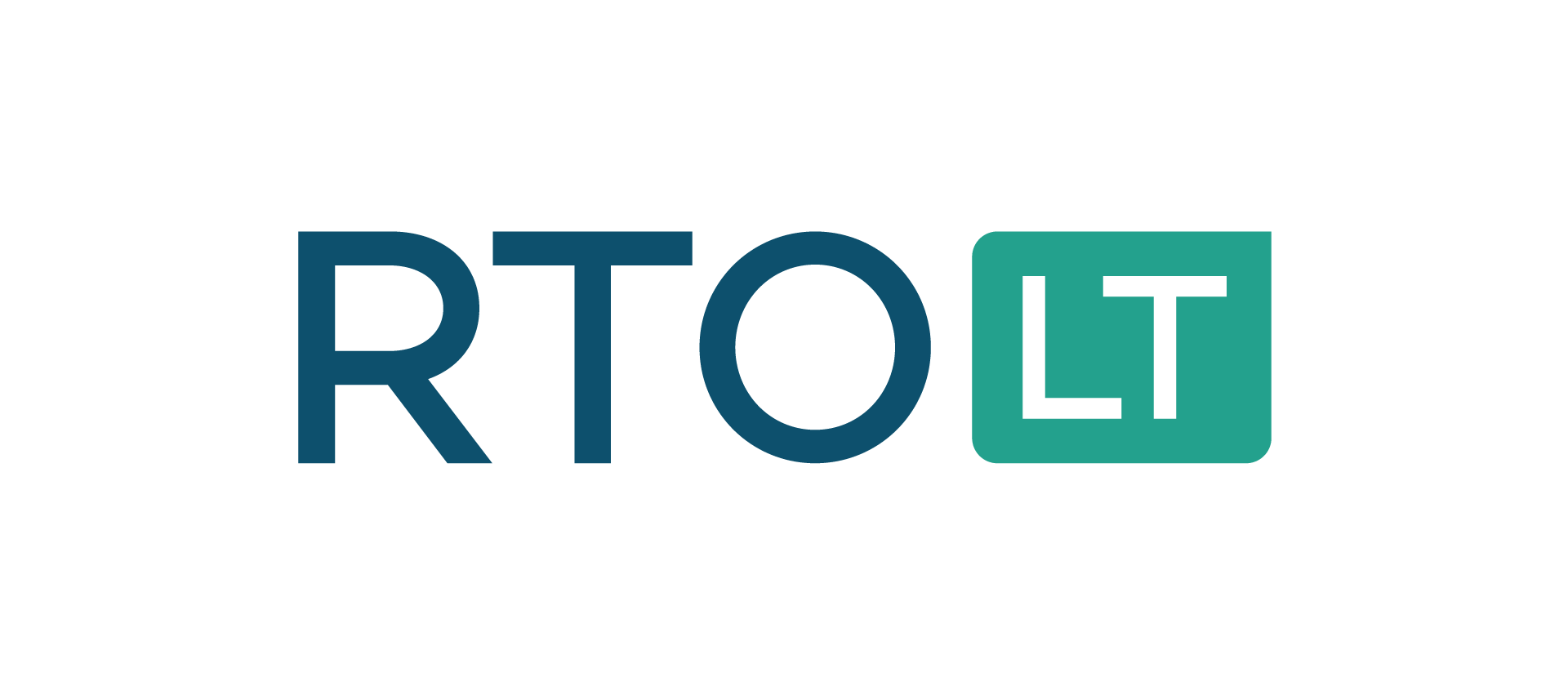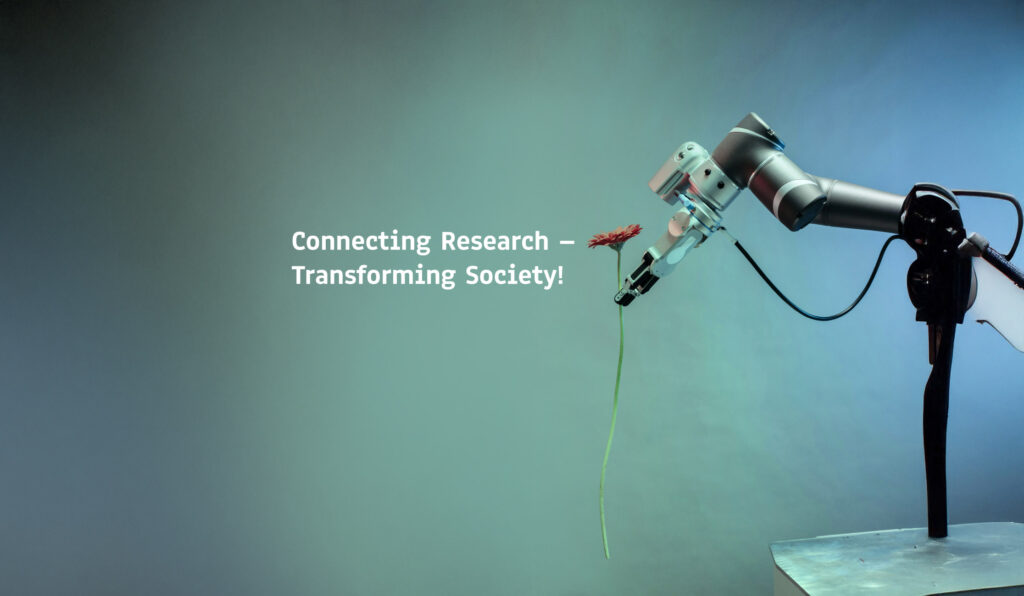The Association of Research and Technology Organizations (RTO Lithuania), representing three leading Lithuanian research institutes, has presented comprehensive recommendations for strengthening the country’s science, technology, and innovation (STI) ecosystem.
The recommendations emphasize Lithuania’s potential to become a leading STI country while highlighting the need for fundamental changes in the current system. Among the key proposals is the initiation of a National Research, Technology and Innovation Programme focused on climate resilience and strategic autonomy, covering areas such as plant technologies, semiconductors, and renewable energies.
A major emphasis is placed on bridging the gap between industry, research institutes, and universities through an Excellence in Applied Sciences programme. The association also calls for enhanced collaboration between science, business, and investors through pilot demonstration projects.
To address brain drain and attract talent, RTO Lithuania recommends establishing a researcher attraction grant programme coordinated by the Lithuanian Research Council, including support for returning Lithuanian researchers and foreign experts.
The recommendations also focus on reforming the scientific evaluation system, making it less dependent on quantitative indicators and more aligned with EU Research Area reforms. Additionally, the association proposes improvements to the industrial doctorate program and calls for increasing the number of PhD students while enhancing their study conditions.
A crucial point in the recommendations addresses research funding, highlighting the current shortfall in R&D expenditure (0.47% of GDP) and emphasizing the need to reach the targeted 0.75% of GDP by the end of 2024, as agreed in the Agreement between Lithuanian political parties.
The proposals also include strengthening science diplomacy, increasing internationalization through joint research programs, and enhancing funding for the Next 100 programme, which supports student internships at leading global institutions.
These recommendations were presented by Sigitas Rimkevičius, President of the Association’s Governing Board, representing the collective vision of the Centre for Physical and Technological Sciences, the Lithuanian Energy Institute, and the Lithuanian Agrarian and Forestry Research Centre.
The document can be found here: S&T policy recommendations


